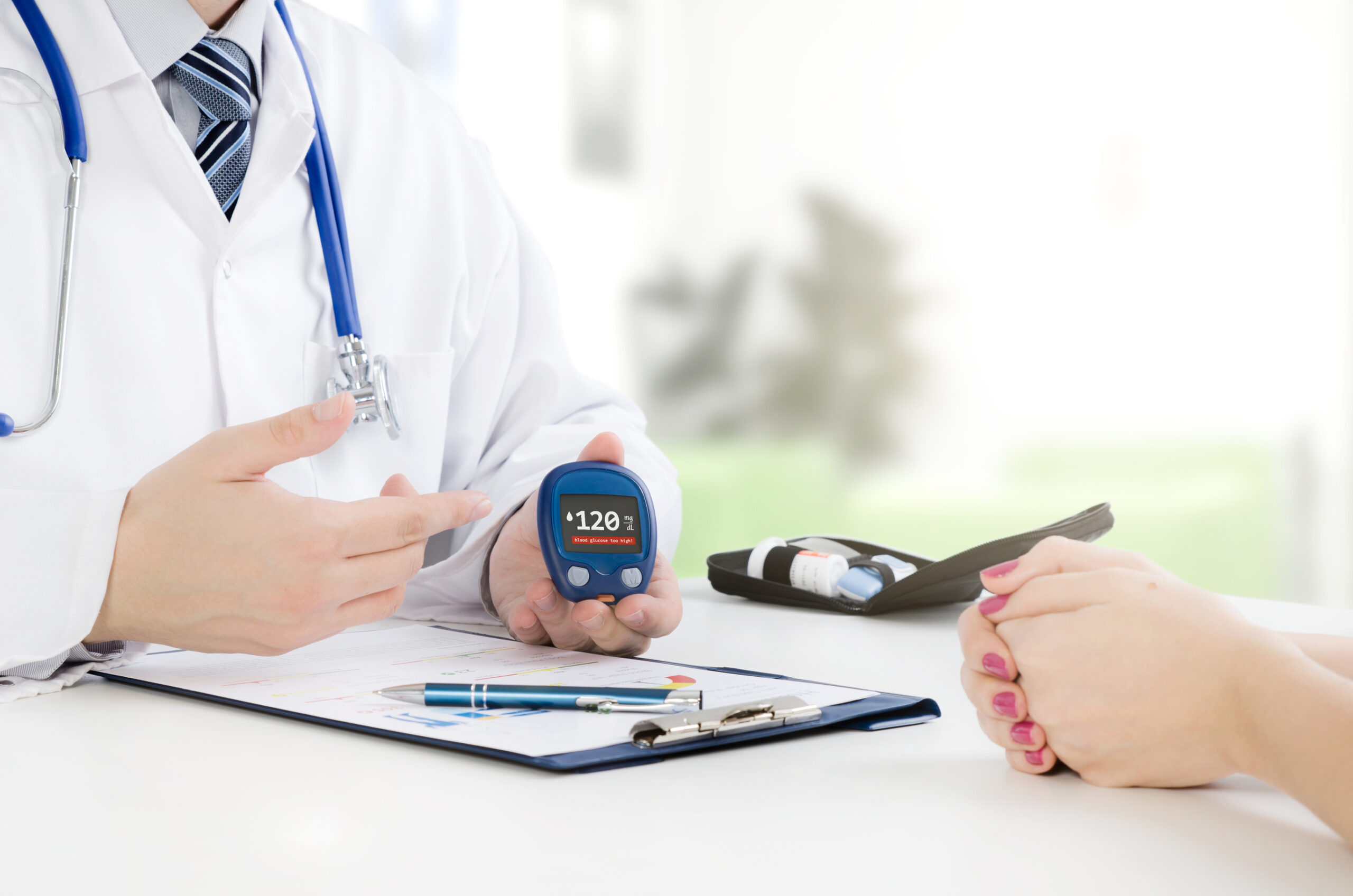When it comes to your health, the smallest nutrients can have the biggest impact. Folate, also known as folic acid, plays a crucial role in your body—from making red blood cells to supporting healthy DNA.
Yet, undetected folate deficiencies can lead to serious health challenges, especially for pregnant women and individuals with certain medical conditions. That’s why folate screening is so vital.
In this article, we’ll explore why folate matters, the risks of deficiency, and how regular screenings can safeguard your well-being.
Understanding Folate and Its Role in the Body
Folate, also known as vitamin B9, is a water-soluble vitamin crucial to several body functions. It contributes to DNA synthesis, red blood cell production, and repairing cell damage.
Without enough folate, your body struggles with these basic processes, leading to noticeable effects on your energy and overall health. Maintaining an adequate level of folate is essential for these functions, and monitoring serum folate can help assess your folate status.

Folic acid, on the other hand, is the synthetic form of folate often found in supplements and fortified foods. Although similar, consuming folate from natural produce like green leafy vegetables is usually more bioavailable for the body, though folic acid supplementation can be useful in certain cases, especially for addressing low levels of folate.
Who Needs Healthy Folate Levels the Most?
Everyone benefits from folate, but certain groups have higher needs because of lifestyle or health stages, including:
- Pregnant Women: Folate is critical for fetal development, particularly in preventing neural tube defects. Adequate folic acid supplementation is often recommended during pregnancy to ensure healthy folate status.
- Children: Essential for growth and development, as part of their B9 vitamin intake.
- Individuals with Chronic Illnesses: Certain conditions like Crohn’s disease or celiac disease impair folate absorption, making it harder to maintain an optimal level of folate. Monitoring serum folate can help ensure these individuals avoid low levels of this vital nutrient.
- Vegetarians and Vegans: Natural folate is abundant in animal products like liver, so plant-based eaters may need extra planning or supplementation to ensure they meet their B vitamin needs, including vitamin B12 and folate.
What Causes of Folate Deficiency?
Folate deficiency is a widespread nutritional issue that can affect people across all demographics, posing risks to overall health. Understanding its root causes is key to effective prevention and management.

Poor Dietary Intake
A lack of folate-rich foods, such as spinach, broccoli, and legumes, is one of the primary contributors to deficiency.
Excessive Alcohol Consumption
Heavy alcohol use impairs the body’s ability to absorb folate, significantly increasing the risk of deficiency.
Underlying Medical Conditions
Certain gastrointestinal disorders, such as IBS or celiac disease, can interfere with folate absorption. Additionally, vitamin B12 deficiency often accompanies low folate levels, as these nutrients work together in producing red blood cells.
Signs and Symptoms of Folate Deficiency
Do you feel unusually tired or frequently experience headaches? These could be warning signs of low folate levels. Other common symptoms include:
- Persistent fatigue
- Muscle weakness
- Pale skin, often linked to anemia
- Irritability
- Painful mouth sores
If left undiagnosed or untreated, folate deficiency can lead to more serious complications, including an increased risk of cardiovascular diseases, pregnancy-related issues, and impaired cognitive abilities.
By identifying the causes and recognizing the symptoms early, you can take proactive steps to protect your health and well-being.
Folate Blood Test Screening Explained
A folate screening is simple and quick. A blood sample is collected from your arm to measure folate levels in your serum, providing insights into your nutritional status, including levels of vitamin B9.

Results guide decisions about dietary adjustments or supplementation if needed. Test results may help identify if issues are due to a folate deficiency, which can impact red blood cells to carry oxygen effectively.
When Should You Consider Getting Tested?
If You’re Feeling Unwell – Symptoms like fatigue or poor concentration could be a sign to check your folate or vitamin B12 levels. Issues with red blood cells to carry oxygen may also indicate a deficiency.
If You’re Planning a Pregnancy – Pre-pregnancy care almost always includes folic acid supplements and regular screening.
If You Have Digestive Issues – Conditions like celiac disease or IBS can impair nutrient absorption, increasing the likelihood of deficiency due to a folate deficiency.
Regular folate screening ensures any potential issues are addressed early, preventing long-term complications.
Folate in Pregnancy
Folate plays a significant role in preventing neural tube defects (NTDs), which are serious birth defects affecting the brain and spinal cord. Deficiency in the mother’s early pregnancy stages can increase the risk of NTDs.

Folic Acid Supplement Recommendations
Expecting women are often advised to take folic acid supplements daily (around 400–600 mcg) as a preventative measure. Regular folate testing confirms levels remain optimal throughout pregnancy, helping protect both mother and baby.
Folate in Everyday Health
Folate, or vitamin B9, is essential for overall health. It supports red blood cell production, DNA synthesis, and cell growth and repair. Keeping your folate levels healthy is simpler than it seems.
Folate-Rich Foods
Boosting your folate intake starts with your diet. Leafy greens like spinach, kale, and arugula are excellent sources, along with vegetables like asparagus, Brussels sprouts, and broccoli.
For protein, try chickpeas, lentils, and kidney beans. Citrus fruits like oranges and grapefruits also provide natural folate. Including these foods in your meals ensures a steady supply of this important nutrient.
Supplements
If getting enough folate from food is difficult especially for pregnant women, those with specific medical conditions, or restrictive diets—folic acid supplements can help.
Folic acid is the synthetic form of folate and is often recommended to fill dietary gaps. Always consult a healthcare provider to determine the right dosage and avoid side effects.
Fortified Foods
Fortified foods are another easy way to meet your folate needs. Many cereals, breads, and pasta are enriched with folic acid, offering a quick, convenient option for busy lifestyles. A bowl of fortified cereal or a slice of bread can make a difference.
Energy and Wellness Benefits
While folate is vital during pregnancy to prevent neural tube defects, its benefits go further. Folate supports red blood cell production, improving energy and reducing the risk of anemia. It also aids mental clarity, focus, and cognitive function. Additionally, it may help lower the risk of chronic diseases like heart disease and certain cancers by promoting healthy cell function.
Taking Charge of Your Health
Folate might seem like a small finger on the hand of health, but don’t underestimate its importance. Ensuring you’re getting enough folate is crucial, not just to prevent deficiencies but for overall vitality and wellness.
Regular health screening that includes a test to measure folate levels can save you from long-term health issues. At Mediway Medical Clinic, we offer comprehensive health screenings, including folate levels, tailored to your unique needs.









